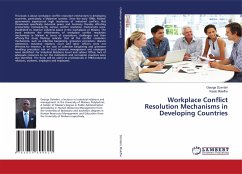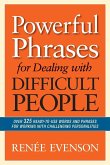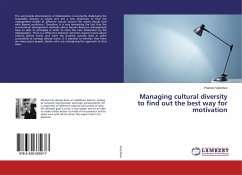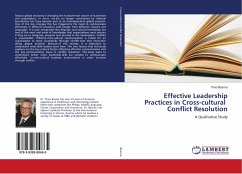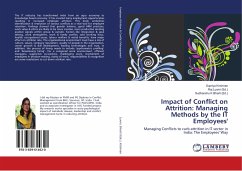This qualitative study explores the primary causes of workplace conflicts related to cultural diversity in Austria and the strategies organizations can use to identify and address these conflicts. A semi-structured interview was conducted, interviewing ten employees from various industries and cultural backgrounds, including a native Austrian, in the Austrian workplace. This research aims to analyze the root causes of cultural diversity conflicts in the workplace and propose practical strategies for organizations to address and resolve them constructively, ultimately fostering more inclusive and harmonious work environments. Findings suggest that some of the primary causes of cultural diversity conflicts in Austria are language, discrimination, and religion. This research emphasizes the role of effective conflict management strategies and proactive cultural diversity capabilities in managing these conflicts. The results of this study provide valuable contributions for organizations willing to foster cultural diversity and an inclusive environment in the Austrian workplace.
Bitte wählen Sie Ihr Anliegen aus.
Rechnungen
Retourenschein anfordern
Bestellstatus
Storno


